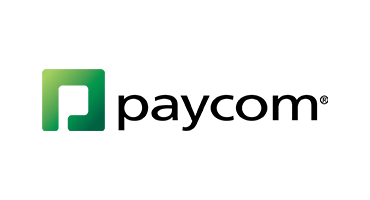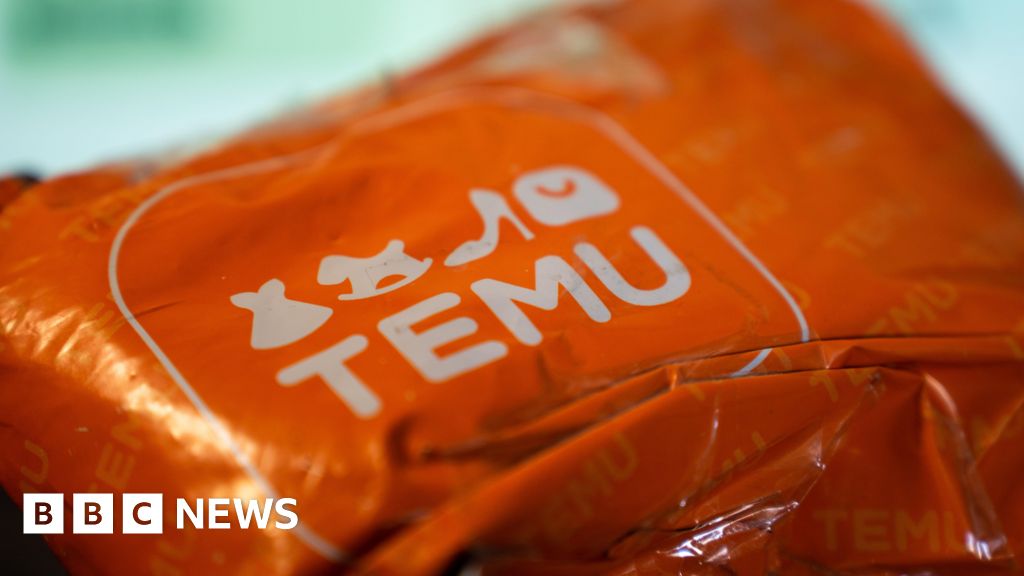In today’s rapidly evolving business landscape, the role of HR professionals has expanded beyond traditional functions like recruitment and talent management. With the advent of transformative technologies like generative AI, HR leaders are increasingly tasked with driving innovation and facilitating continuous learning and development within their organizations.
Coursera for Business, in collaboration with HRM Asia, recently hosted a webinar to empower HR professionals with the knowledge and strategies to harness GenAI for workforce development. The former’s GenAI Academy offers structured training programs designed to bridge the skills gap and equip employees with the capabilities needed to thrive in a gen AI-powered world.
Amandeep Singh Kohli, Regional Director – Asia at Coursera, emphasized keeping people at the core of any gen AI strategy. “Gen AI is a tool in your arsenal to make sure that you become more productive,” he said. He continued that this human-centric approach is crucial for successful gen AI implementation, adding that gen AI should not be seen as a replacement for human employees but rather as a way to augment their skills and make them more effective.
See also: Before you implement gen AI, here’s how to prepare your workforce
The webinar featured a panel discussion moderated by Shawn Liew, Head of Content Development for HRM Asia. Titled Building an Effective Skills Programme to Improve Employee Productivity and Performance with Generative AI, the discussion included representatives from organizations like Singtel and Maybank.
First priority in AI training: Demystifying
Datuk Dr Nora Manaf, Group Chief Human Capital Officer at Maybank, shared insights into Maybank’s experience with gen AI implementation to provide a compelling narrative of the organization’s proactive approach to embracing this transformative technology. She underscored the importance of effective communication, literacy-building initiatives, and tangible business outcomes driven by gen AI adoption.
Datuk Nora’s emphasis on demystifying gen AI sets the tone for Maybank’s approach to technology adoption. “Demystifying is the first thing that we do,” she explained, highlighting the bank’s commitment to bringing all employees to a minimum level of literacy and understanding. This disciplined approach ensures that Maybank’s workforce is equipped with the necessary knowledge to embrace gen AI’s potential fully.
Furthermore, she elaborated on Maybank’s literacy-building initiatives, emphasizing the importance of establishing a baseline of understanding of gen AI concepts. “We offer a self-administered assessment to help employees gauge their understanding of basic terms. It’s not intended for reporting purposes, but rather for self-evaluation,” she shared.
Datuk Nora’s anecdote about Maybank’s use cases further illustrates the tangible impact of GenAI on business outcomes. She cited an example of a pilot program using ChatGPT technology to train salespeople.
“The results were impressive,” she said, “with the gen AI-trained group achieving nearly three times the sales realization compared to the traditionally trained group.” This demonstrates the tangible benefits that gen AI can bring to employee productivity and performance.
Simon Wong, Associate Director of People Development at Singtel, echoed the sentiment. “Gen AI democratizes access to technology,” he asserted, capturing the essence of gen AI’s transformative power. He highlighted how gen AI transcends traditional communication barriers, enabling anyone proficient in a language to leverage its capabilities. Wong’s remarks underscore how gen AI facilitates inclusivity by empowering all individuals from all backgrounds, including primary school students, to utilize its tools in educational settings.
In the context of Singtel’s utilization of gen AI, Wong elaborated on the diverse applications within the organization. He discussed how departments with the requisite skills harness gen AI to develop chatbots and applications tailored to internal employees and external stakeholders. This approach underscored Singtel’s commitment to leveraging gen AI to enhance operational efficiency and customer experience.
Moreover, Wong emphasised Singtel’s comprehensive training interventions designed to cater to different learner categories. These interventions include role-based training, broad-based training for a larger population, and self-paced learning via an e-learning platform. By offering various learning modules, Singtel ensures that employees acquire a fundamental understanding of gen AI, empowering them to leverage its capabilities effectively.
See also: AI training is in demand, and these tech organizations are offering it for free
The success stories shared during the webinar highlight the importance of a well-defined gen AI implementation strategy. Coursera’s Kohli aptly summarised the current state of gen AI adoption within organizations as a “gen AI conundrum.” Leaders face a dilemma: the potential benefits of gen AI are undeniable, but the fear of technical risks and data security concerns can lead to hesitation.
However, he said gen AI’s potential far outweighs the risks. “Leaders with access to better technologies are well-positioned to navigate this change effectively. Just like a Formula One race car needs good brakes alongside its powerful engine, organizations must balance rapid innovation with high-quality training and data security measures.”
Coursera recognizes this challenge and offers structured training programs to help organizations equip their workforce with the necessary skills and knowledge. “We understand this risk of moving too fast, the risk of moving too slow,” Kohli acknowledged. “But while you’re navigating all of these, Coursera offers a structured training program for you to take so that eventually, when all of these regulatory concerns go away, your employees can be productive as quickly as you want them.”
The future of work will be shaped by gen AI. By embracing this technology and prioritizing a human-centric approach to training, organizations can navigate the gen AI conundrum with confidence, Kohli suggested. With careful planning and a focus on employee development, organizations can leverage gen AI to build a future-proof workforce that is prepared to thrive in the age of intelligent automation.
Josephine Tan wrote this story for HRM Asia. Find more from this author at HRMAsia.com.
The post AI training revolution: Upskilling for a new era appeared first on HR Executive.
Credit: Source link










